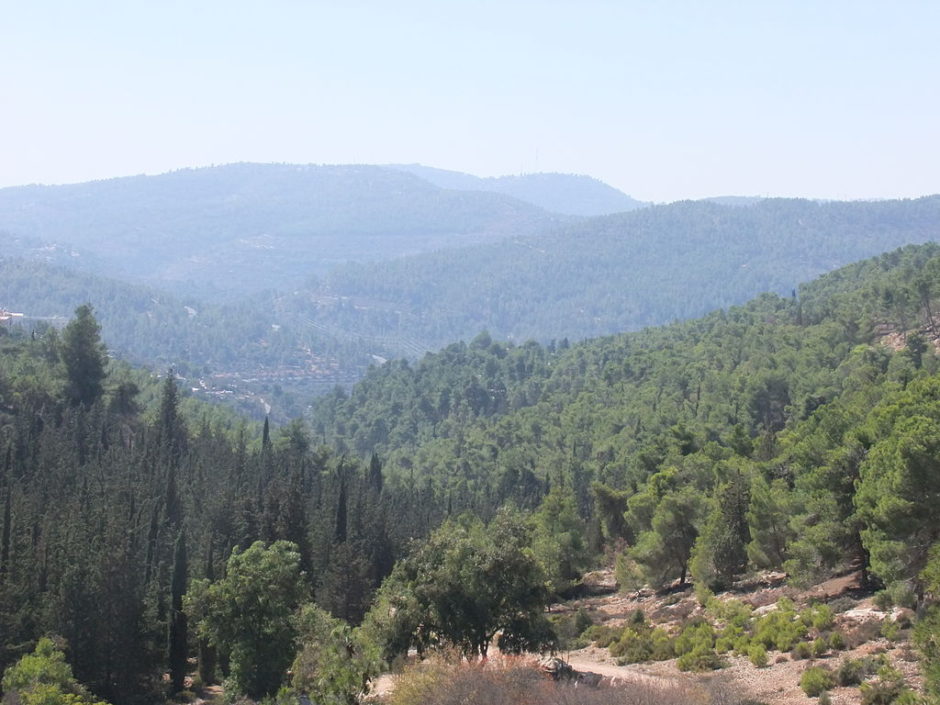The wildfires that have ravaged Israel of late have consumed approximately 13,000 hectares of forest and brush, an area far larger than the island of Manhattan. This is a catastrophic event from an ecological point of view because Israel is not a country rich in forests, like Canada or the United States.
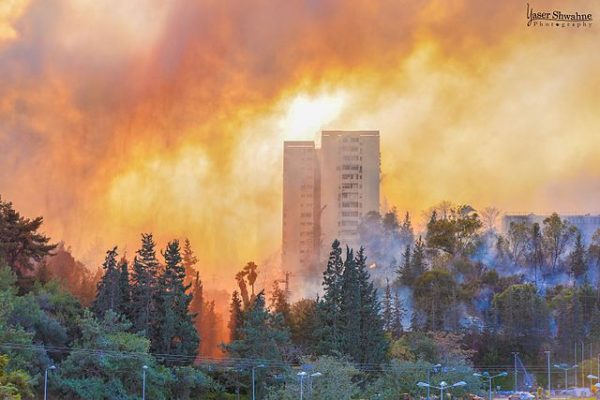
Forests in Middle Eastern arid zones cannot be taken for granted and should be treasured and preserved like family heirlooms.
This, of course, has not always the case.
During the Ottoman period, massive stands of pine and oak trees were ruthlessly cut down in the name of progress, leaving considerable swaths of the country forlornly denuded.
The Jewish National Fund, before and after Israel’s establishment, planted tens of millions of trees in an attempt to convert barren landscapes into sylvan vistas.
The effort has yielded gratifying results.
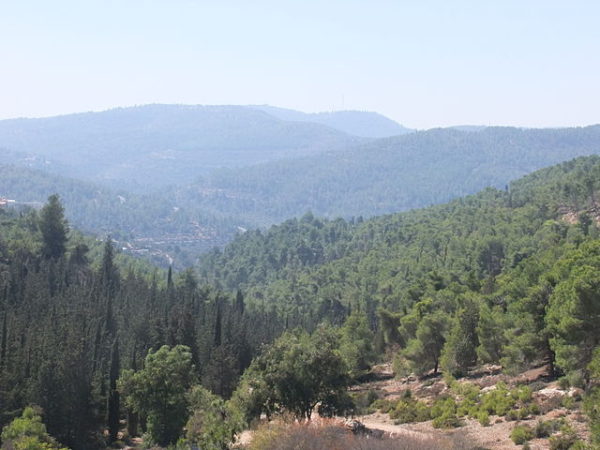
The JNF has planted 240 million trees from north to south on about 160,000 hectares. In the process, the JNF has created 280 forests ranging from the Jerusalem and Hadera forests to the Lahav and Yatir forests.
These are precious national assets that beautify the land and enable Israelis to enjoy the spiritually uplifting wonders of the outdoors.
The absence of such soothing natural beauty can be soul-crushing and depressing.
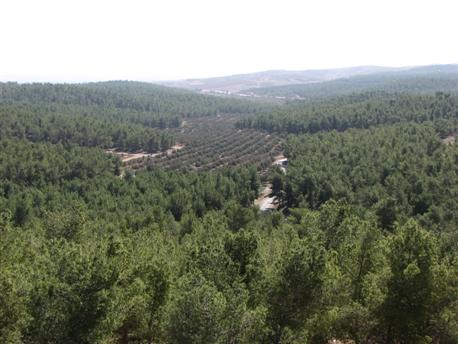
Nearly a decade ago, following the Second Lebanon War, I visited a forest high in the Galilee that had been heavily damaged by Hezbollah rockets.
Thousands of trees, mostly pines, had been burned and scorched by the bombardments. The resultant wasteland of blackened tree trunks and stumps was a horrific sight I will never forget.
I can only imagine the devastation and heartbreak that the most recent wildfires, 110 at last count, have wrought around Haifa and Jerusalem, two of the most affected cities, and the northern Israeli Arab towns of Umm al-Fahm and Deir Hanna.
Six years ago, in Israel’s worst natural disaster, wildfires devoured substantial tracts of the Carmel Forest, one of Israel’s most scenic regions. Having spent half a day hiking through this magnificent forest in the spring of 2001, I was saddened to hear the news.
I’m equally sad about the latest wildfires, which can be partially attributed to tinder dry conditions, high winds and human negligence.
According to police reports, one-third of the fires were apparently started by Palestinian arsonists. Fifty Palestinians, some of whom are Israeli citizens, have been questioned in connection with the fires. Two of the suspects have admitted to committing arson.
Palestinian Arabs who revel in the disaster have posted congratulatory messages on Facebook. So far, five individuals have been arrested on suspicion of incitement on social media.
The involvement of Palestinian Arabs in these monstrous environmental crimes is proof of the utter hatred and despair that grips some Palestinians and a stunningly somber commentary on the state of Israeli-Palestinian relations today.
Thankfully, there is a silver lining.
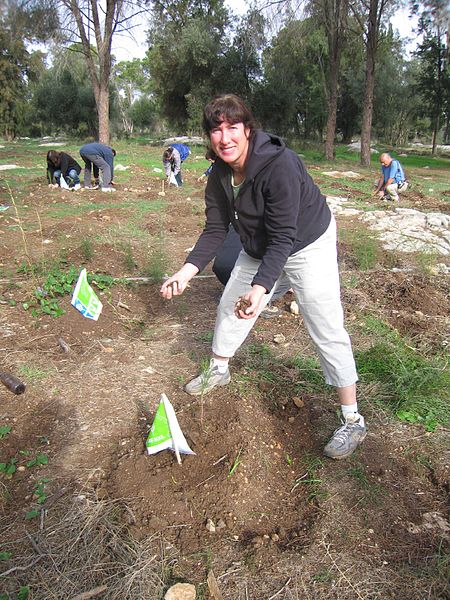
The Palestinian Authority, which has been at odds with Israel for years now, sent 41 firefighters and eight fire trucks to combat the inferno. Jordan and Egypt, the only two Arab countries that have signed peace treaties with Israel, dispatched firefighting aircraft. Turkey, which had tense and frosty relations with Israel until recently, sent assistance as well.
Countries like the United States, Canada, Russia, France, Greece and Spain have extended help, too, thereby delivering an important message to Israel and Israelis during these fraught times: You are not alone.
Israelis should remember that as they battle the wildfires.
